The idea behind Singapore’s 2019 GYSS is simple – in order to reinvent the future, we need to understand and honor the past. At the end of January this year, 230 young scientists (PhD and Postdoctoral students) including six fortunate doctoral students and post-docs from ETH Zurich gathered in Singapore for a once-in-a-lifetime experience.
For five intense days, we listened, interacted and discussed the global challenges and future needs of humankind with 16 world-renowned scientists, all of whom are recipients of either a Nobel Prize, Fields Medal, Millennium Technology Prize, or Turing Award.
Nobel Laureates Mentor the Next Generation of Young Scientists
by students attending GYSS 2019 in Singapore, 14.02.2019
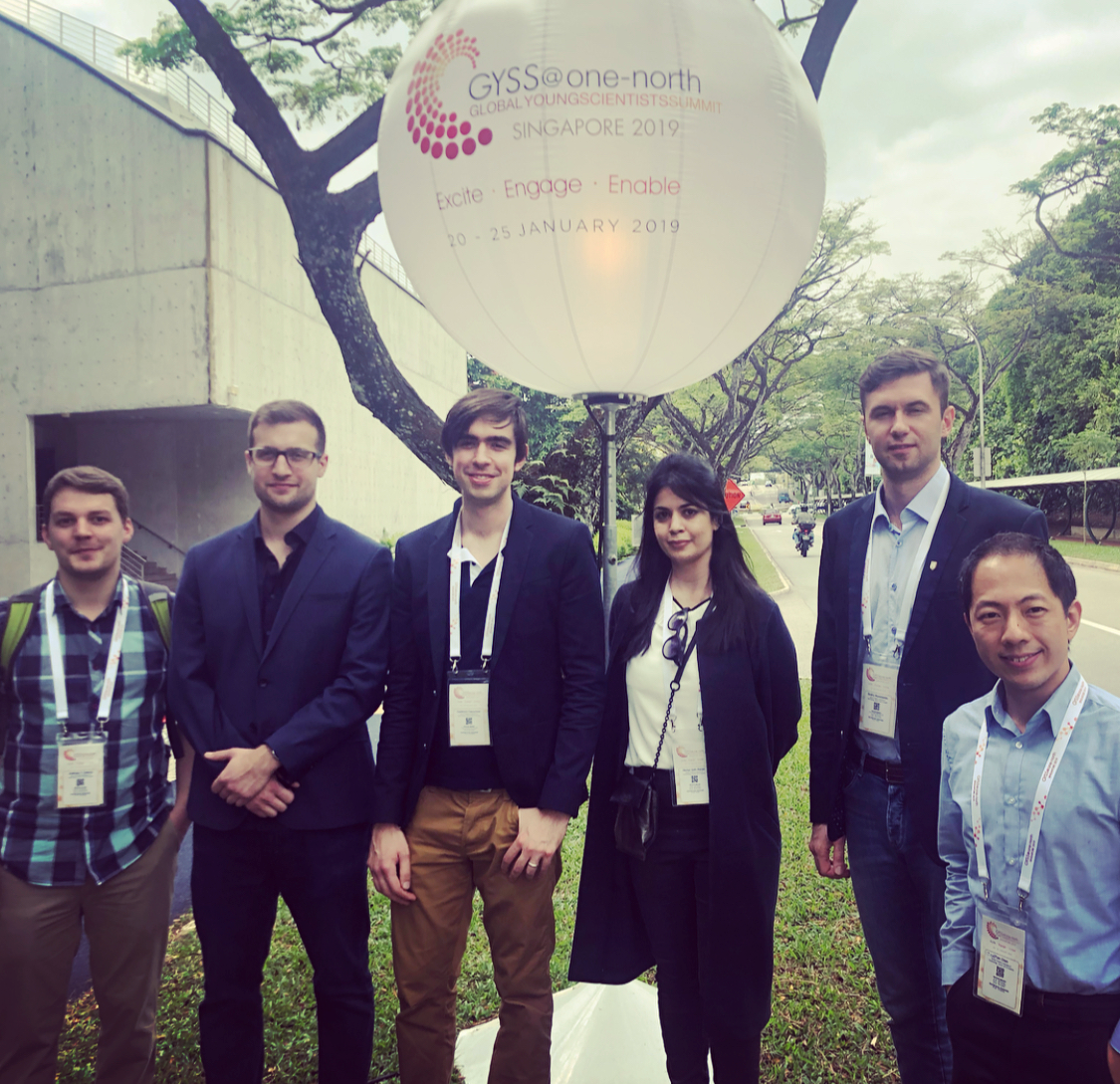
Out of the 230 young scientists who participated at the 2019 GYSS, six fortunate doctoral students and post-docs from ETH Zurich – Andreas Güntner, Nicola Müller, Gotthold Fläschner, Michal Gath-Morad, Dmitry Momotenko and Tim Chen – were nominated and selected to attend this prestigious summit. (photo credit: ETH Zurich/Michal Gath-Morad)
Students from ETH Zurich gain inspiration from Nobel Laureates and prestigious academic prizewinners on how to reinvent the future at the Global Young Scientists Summit 2019 (GYSS) in Singapore – one-north
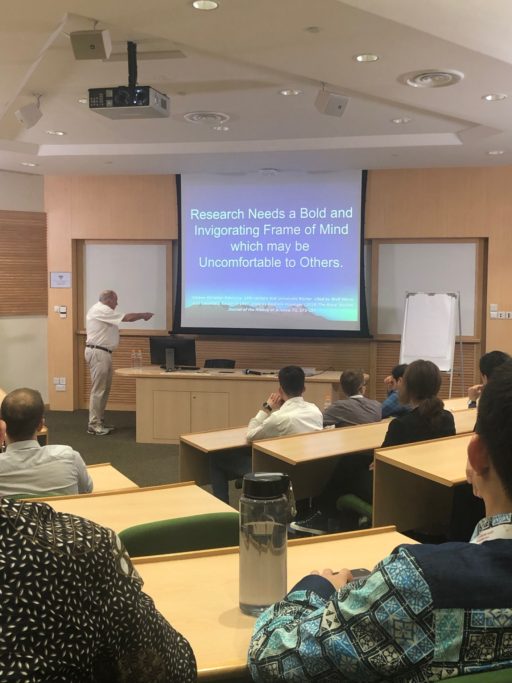
Small group session with Kurt Wüthrich, 2002 Nobel Prize in Chemistry (photo credit: ETH Zurich/Michal Gath-Morad)
During the five-day event, we heard 16 keynotes from world leading scientists; 6 Nobel Prize winners in chemistry, 3 Nobel Prize winners in physics, 3 Fields Medal winners in mathematics, two Millennium Prize recipients, and one Turing award winner. It was a truly remarkable opportunity to gain a broad perspective on science across fields, scales and methods; from the physics of matter to biology-the physics of life.
Recollecting the process of their discoveries, keynote speakers shared their personal stories and life lessons. Following each keynote, smaller group sessions convened. Despite the unique character traits of each of scientist, some common denominators were evident. Rather than picking the “low hanging fruit,” all of prize winners tried to tackle major questions in their field, none of them intended to win a Nobel prize (or the equivalent), but rather most took unusual career pathways, failed experiments were key to major discoveries, and collaborations and interactions were essential to achieve most of their breakthroughs.
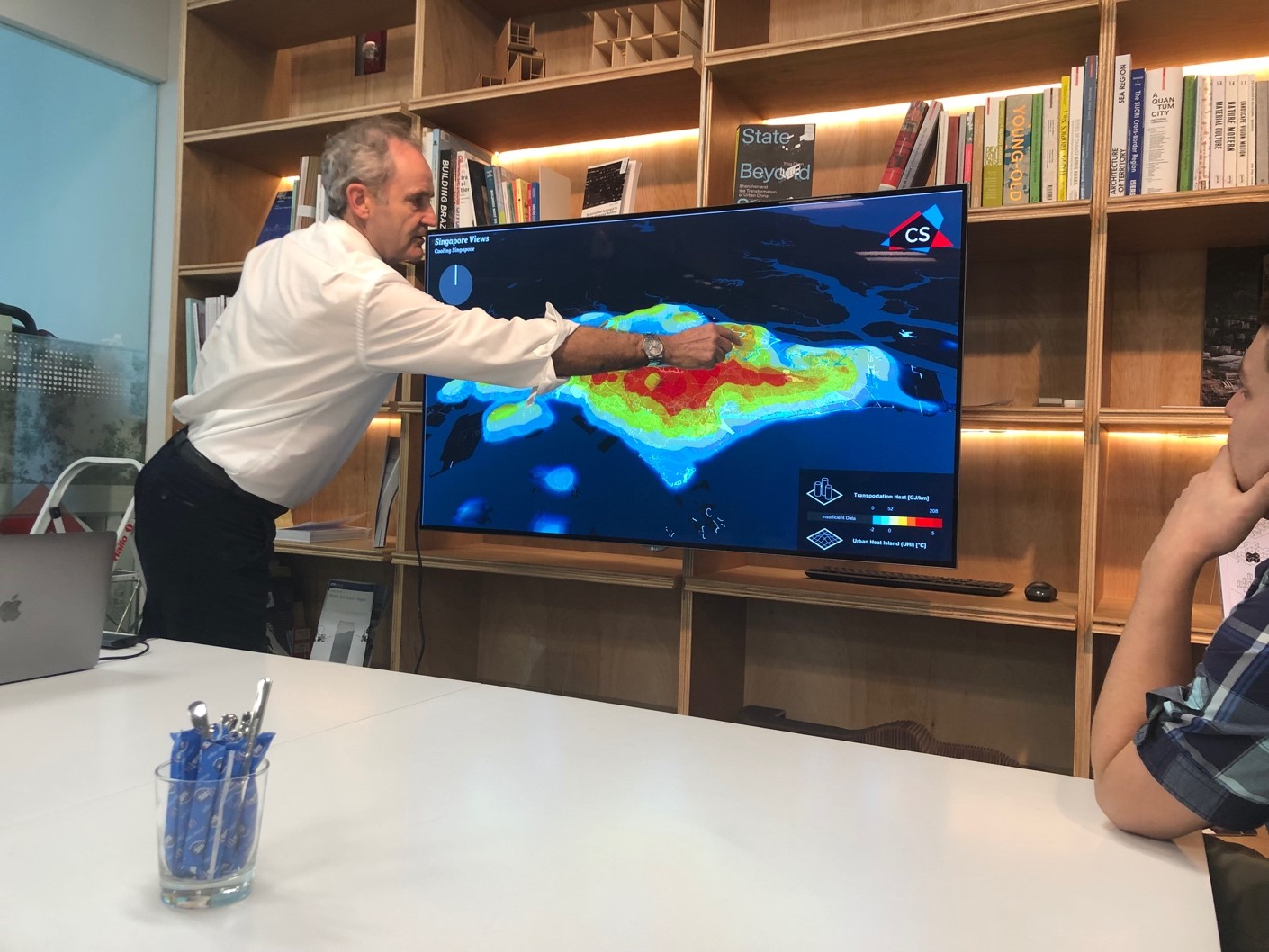
Gerhard Schmitt, Director of ETH's Future Cities Laboratory in Singapore showcases the calming-cooling Singapore project; a simulation tool to visualize and predict Singapore’s heat-island effect to inform evidence-based urban design and policy making (photo credit: ETH Zurich/Michal Gath-Morad)
Quotes from the participants
“Among all the illustrious scientists and mathematicians that I had the honor and privilege to listen to, was Kurt Wüthrich – a Nobel Laureate of ETH Zurich and Barry Barish, Nobel Laureate from CalTech who made the strongest impressions on me. Their advice: always strive to solve difficult problems, to embrace serendipity, and to learn from failures. Just as significant, if not more so, were the interactions I had with the other participants at the summit. As a newly minted postdoc in mechanical engineering, I have already proposed new research questions that stemmed from discussions with an HIV virologist and a poultry scientist, for example. As far as destinations go, the summit has shown us the importance that Singapore places on research and technology. The city-state itself was a sensory overload with dazzling architecture, amazing cuisine and an awesome party scene. I would highly recommend fellow students to consider this summit in their time at ETH.”– Tim Chen
“GYSS 2019 was by far the best conference I ever took take part in. It was incredibly inspiring to witness prestigious scientists as re-live the joy of their own discoveries and reflect upon their journeys. Across their stories, it was a unique combination of curiosity, passion and fearlessness that was particularly captivating. They are all ‘upstream swimmers’ and it’s this unique trait enabled them to follow through with their discoveries. I was most motivated by discussions with Aaron Ciechanover and Michael Levitt, both Nobel prize winners in chemistry. Aaron was a physician before he pursued a career in research. His curiosity and passion for evidence-based medicine was a driving force in his career. As an architect, I identified with Aaron. I too chose to pursue a career in science out of similar motives. Today, I aim to push architecture to become more evidence and science-based through the development of data-driven simulation that predicts the impact of a building design on human behavior. Michael Levitt, who received a Nobel Prize in chemistry, was particularly inspiring for me. He showcased his process of building simulations of protein folding, starting with low-tech physical mockups and all the way to computational, multi-scale models of complex chemical systems.”– Michal Gath-Morad
“It was inspiring to meet and hear the ‘outliers’ (Nobel prize winners etc.) and reconstruct, in part, what led them to where they are in life now. It was important to acknowledge that they are “just” dedicated scientists that “just” did certain things very well and were often quite lucky. It remains an interesting question as to whether adopting their recipes for success leads young scientists given the evolution of the academic community. Apart from this question, it was really nice to explore the city of Singapore and network with many exciting young scientists!”– Gotthold Fläschner
"What an exciting event with an unparalleled richness in scientific and cultural exchange. A regular day at GYSS: Making new friends from Hong Kong, Malaysia and Pakistan at breakfast while discussing the problem of greenhouse gas emissions in agriculture. Listening to an impressive lecture by Ben Feringa on “molecular machines” and exchanging with him and other young fellows about the importance of interdisciplinary research approaches and strategies for good mentoring of young scientists. Finally, closing the day with dinner and a debate with Michael Levitt on the topic of personalized medicine and politics in Europe. Beyond that, it was also great to be reminded that in-depth original research is crucial and ultimately rewarded even in nowadays fast-pacing world of science."– Andreas Güntner
"GYSS was a great platform to meet scientists from various different fields from different areas of the globe in the early stages of their career. Accompanied by great talks of highly accomplished scientist, it provided a platform to think how to best answer questions in science and was a reminder to tackle big, possibly difficult, but important questions."– Nicola Müller
"Indeed, GYSS was the top-list conference in my career - the scope of knowledge across a wide variety of natural sciences and mathematics was truly immense. Most of us also took the unprecedented opportunity to interact closely with global research leaders - both in small group sessions, and in much less formal discussions during coffee breaks and dinners, and this was at the same time unique and inspiring. However, personally I enjoyed more a different side of this summit - establishing connections and sharing thoughts with the other young participants, most of whom were coming from completely different backgrounds, both culturally and scientifically. Somehow, I felt like having this connection between all of us, the next generation of researchers, was even more important."– Dmitry Momotenko
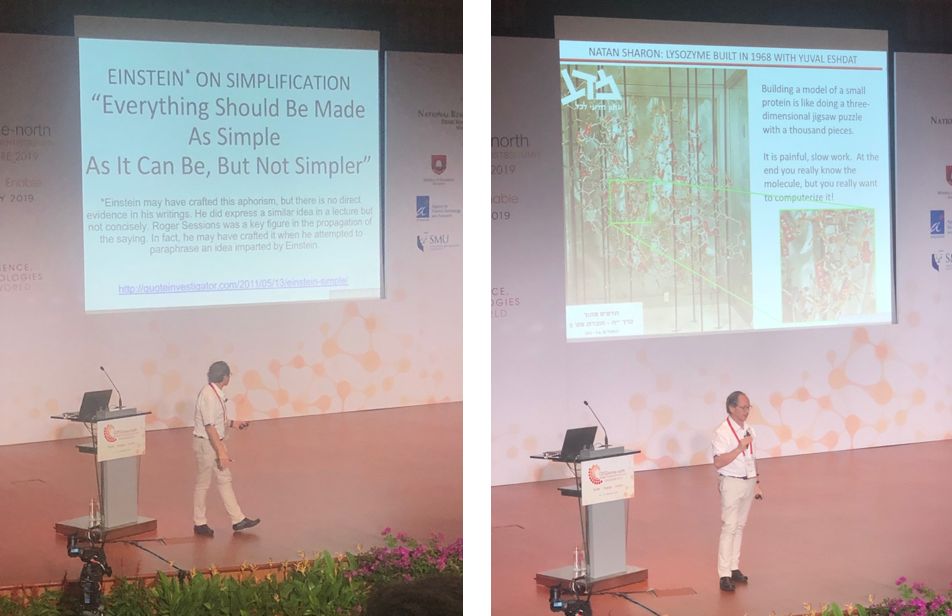
Michael Levitt’s Keynote – from Manual models of protein structures to computational, multi-scale models of complex chemical systems (photo credit: ETH Zurich/Michal Gath-Morad)
The backdrop to this event was Singapore’s tropical campus of Nanyang Technological University (NTU). Singapore seemed the natural choice for such a truly international event given its rich multi-cultural heritage and unique diversity. Visits to Singapore’s finest research facilities and cultural landmarks organized by Singapore’s National Research Foundation further imbued the impression of Singapore as a science driven society, determined to solve global and local challenges as it facilitates scientific excellence across disciplines; from chemistry to physics, medicine, mathematics, computer science, engineering and urban planning.
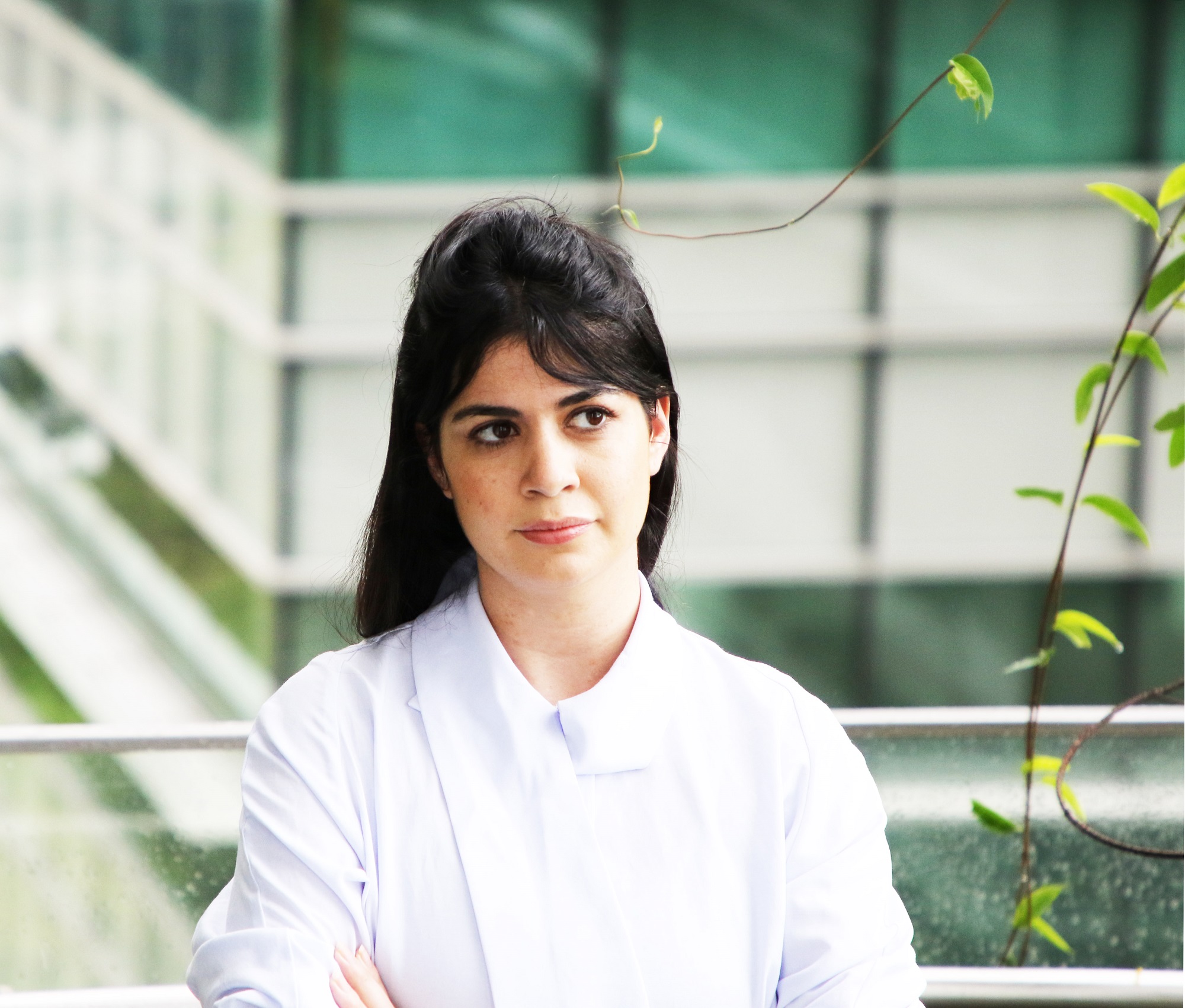
Michal Gath Morad: I am an architect, urban designer and a PhD student at the chair of Cognitive Science at ETH Zurich. My work aims to converge the fields of Architecture, Cognitive science and Computer science to support the design and evaluation of future, human-centered built environments. My doctoral research is dedicated to the development of agent-based simulations to assess wayfinding performance in complex, multi-level buildings. In collaboration with ETH’s Future Cities Laboratory in Singapore, I study extreme urban realities in South East Asia, namely the phenomena of ‘Interiorized urbanism’– multi level megastructures in which occupants face constant cognitive overload and frequent absence of reference frame due to changes in ground plane. I obtained my B.Arch. and M.Sc. from the Technion, Israel, where I was a lecturer and a researcher at NextGenBIM research group. My PhD research is generously supported by a Swiss Government Excellence Scholarship.
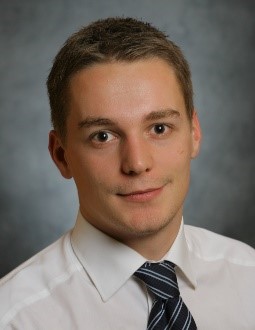
Andreas Güntner: I am a lecturer & research group leader at the ETH Zurich, Dept. Mechanical and Process Engineering and a research associate at the University Hospital Zurich, Department of Endocrinology, Diabetes and Clinical Nutrition. At ETH Zurich, I teach Mass Transfer and Micro- & Nanoparticle Technology. Trained as a mechanical and process engineer, my research focuses on the design of molecule-selective chemical sensors. With these, I aim to develop breath sensors for the next generation of non-invasive medical diagnostics and environmental sensors for smart indoor air ventilation systems.
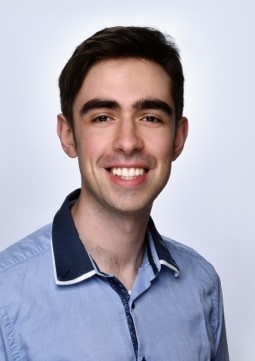
Gotthold Fläschner: I am finishing my PhD at ETH Zurich’s Department of Biosystems and Bioengineering. I received my master’s degree in physics in the field of quantum optomechanics at the University of Hamburg. For my PhD, I went into biophysics to apply my knowledge to answer questions in cell biology. My main project involved establishing a way to measure the mass of single living cells.
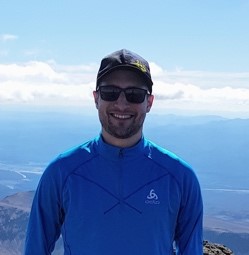
Nicola Müller: I am a PhD student at ETH Zurich’s Department for Biosystems Science and Engineering where I work in the group of Prof. Stadler on various different aspects of phylogenetics. I develop a variety of different computational methods that allow us to study how diseases spread within and between populations, as well as methods that allow us to study the re-assortment process from genetic sequence data. Further, I study how influenza spreads locally through a city - using Basel, Switzerland as a test city.
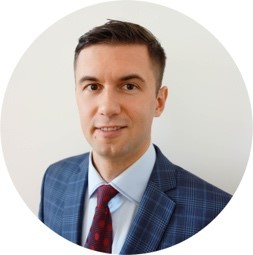
Dmitry Momotenko: I am an SNF Ambizione Fellow and a group leader at the Institute for Biomedical Engineering, Dept. of Information Technology and Electrical Engineering at ETH Zurich. Having a background in chemistry (I received my PhD at EPFL, followed by a Marie Curie individual postdoc fellowship at the University of Warwick, UK), my research connects physical, chemical and biosciences focusing on the development of new technologies for nanoscale chemical analysis and sensing. This includes electrochemical scanning probe microscopy, single entity detection and manipulation,
nanoelectrocatalysis and nanoscale 3D-printing.
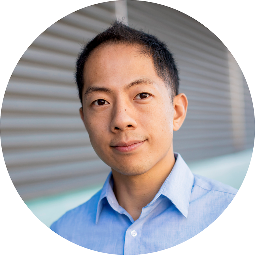
Tim Chen: I recently graduated from ETH Zurich as a doctoral student in Mechanical Engineering. Previously, I obtained my master’s degree in Civil Engineering at TU Delft in the Netherlands, and Bachelor of Applied Science at the University of Toronto in Canada. In 2019, I joined EPFL as a postdoc, employed 50% in mechanical engineering and 50% in computer graphics. The general direction of my research will be in the design of multi-stable mechanical meta-materials.
